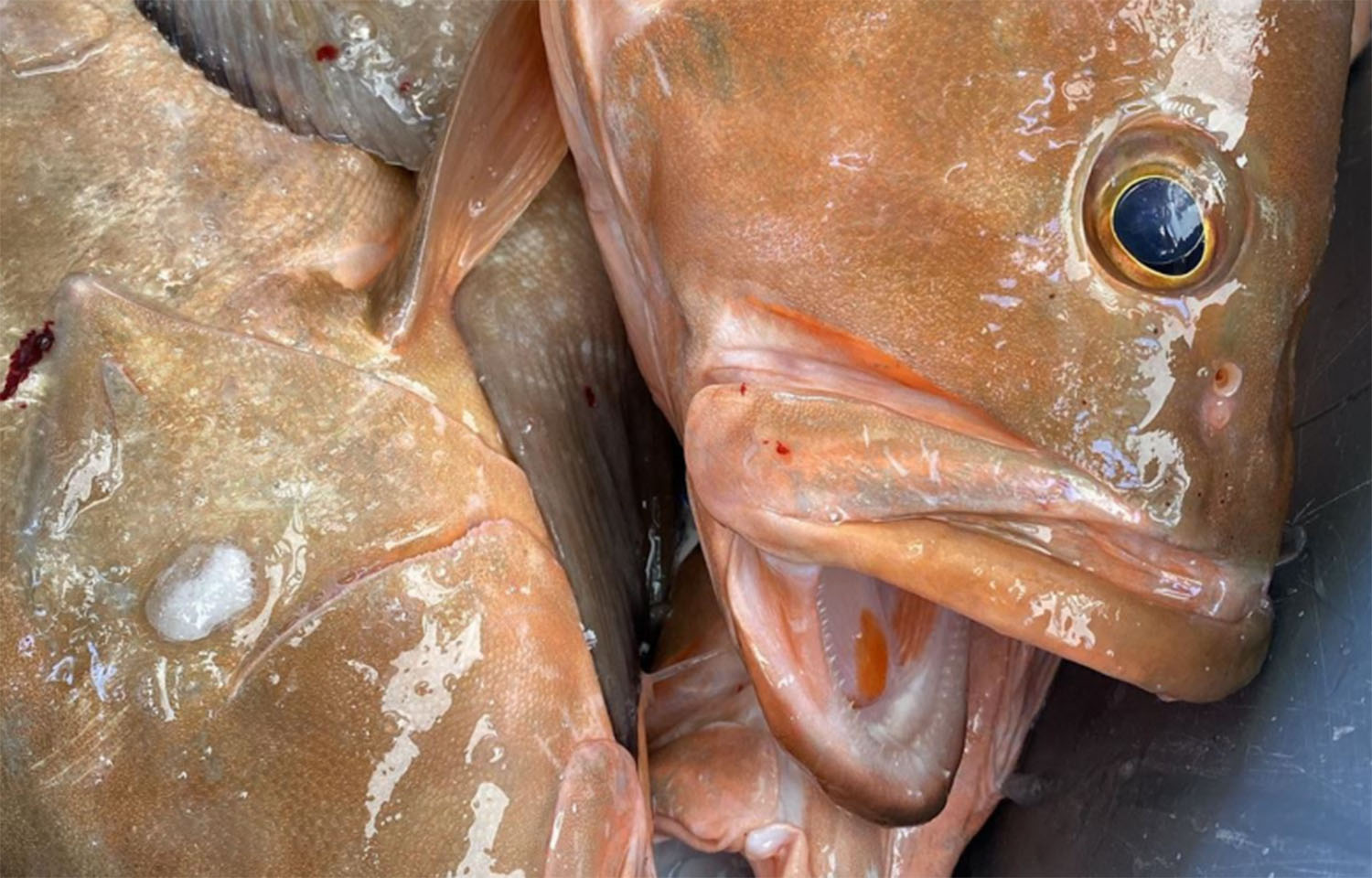A U.S. federal appeals court is requiring NOAA to review red grouper reallocations the group made under its Amendment 53 decision issued in May 2022.
U.S. Gulf of Mexico commercial fishermen sued NOAA’s NMFS the same month, alleging the reallocation of red grouper catch shares illegally favored the recreational-fishing sector via a flawed formula that did not comply with legal requirements. Amendment 53 reduced the commercial allocation of red grouper caught in the Gulf of Mexico to 59.3 percent – down from 76 percent – while increasing the recreational-fishing sector’s allocation from 24 percent to 40.7 percent.
In January 2023, a U.S. district court judge ruled in favor of NOAA's National Marine Fisheries Service (NMFS), allowing the federal agency to continue implementing Amendment 53, which went into effect in June 2022.
However, on 1 March 2024, the Washington D.C. Circuit Court of Appeals reversed that ruling, finding faults in aspects of Amendment 53 and calling on NMFS to better explain the reasoning behind its decision.
The court questioned whether Amendment 53 meets standards under federal fisheries management law – specifically National Standard 4 that "provides that the allocation of fishing privileges shall be 'reasonably calculated to promote conservation,'" as well as National Standard 9, which states that “to the extent practicable shall minimize bycatch and … to the extent bycatch cannot be avoided, minimize the mortality of such bycatch.’”
With the March ruling, the appeals court “found that NMFS contradicted its own economic analysis and failed to explain how the reallocation promoted conservation or minimized bycatch,” the fishermen’s groups said in a statement.
The agency “may need to revisit whether further bycatch minimization is not practicable and provide additional support,” Judge Judith W. Rogers, the senior circuit judge for the District of Columbia Circuit Court of Appeals, wrote in the majority opinion. “Beyond that, the Fisheries Service reasoned that bycatch will decrease because overall catch limits are being reduced. But, this approach suggests that virtually any allocation that reduces a catch limit will satisfy National Standard 9, at least so long as the Fisheries Service reasonably concludes that additional measures were not practicable. The Fisheries Service appears not to have explained how that is a reasonable application of National Standard 9.”
Reporting by Kirk Moore








